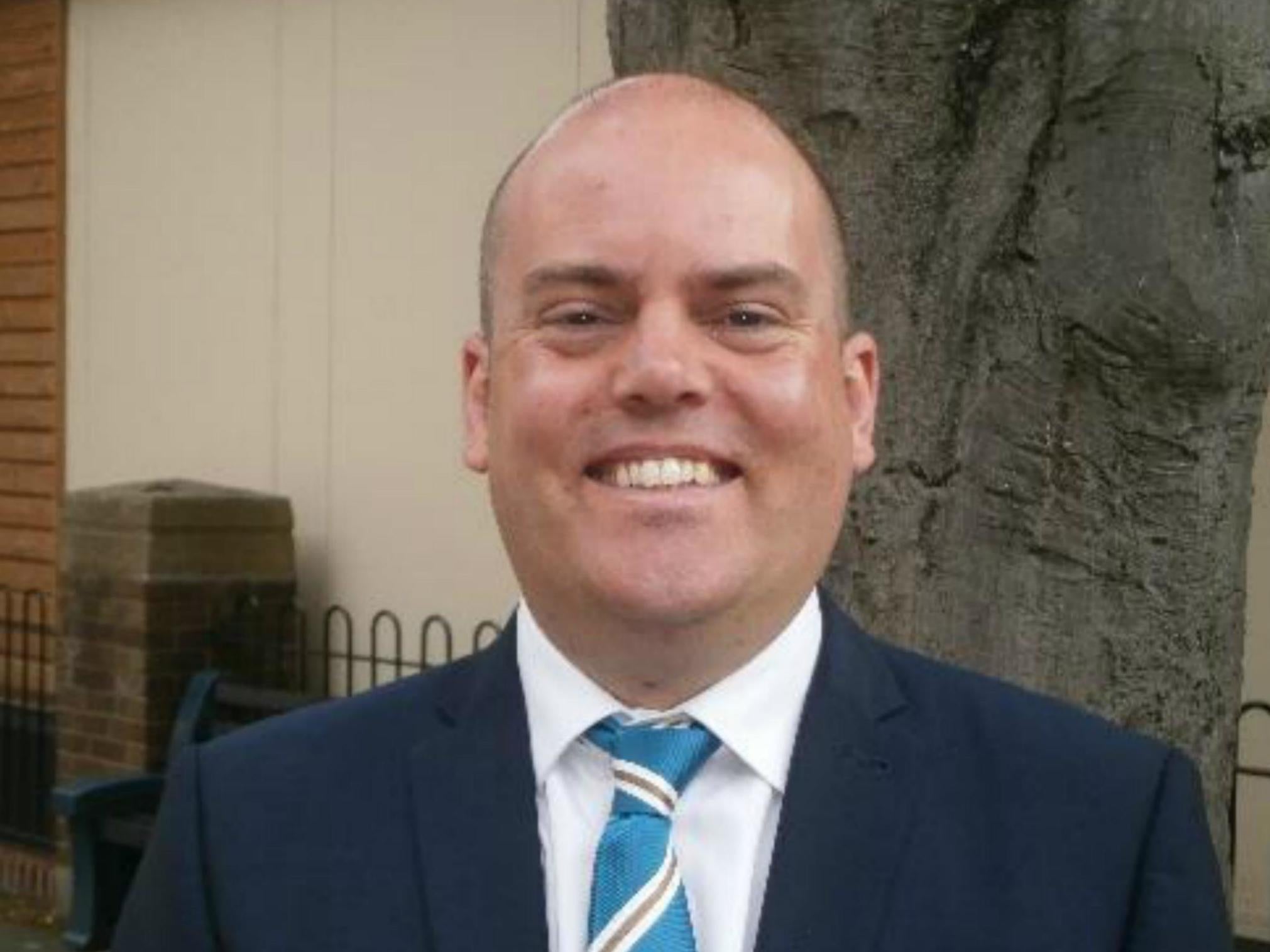What it's like to be a gay man teaching LGBT equality at a Muslim school
Many parents were cautious at first, nervous about how to align such ideas with their religious beliefs

Your support helps us to tell the story
From reproductive rights to climate change to Big Tech, The Independent is on the ground when the story is developing. Whether it's investigating the financials of Elon Musk's pro-Trump PAC or producing our latest documentary, 'The A Word', which shines a light on the American women fighting for reproductive rights, we know how important it is to parse out the facts from the messaging.
At such a critical moment in US history, we need reporters on the ground. Your donation allows us to keep sending journalists to speak to both sides of the story.
The Independent is trusted by Americans across the entire political spectrum. And unlike many other quality news outlets, we choose not to lock Americans out of our reporting and analysis with paywalls. We believe quality journalism should be available to everyone, paid for by those who can afford it.
Your support makes all the difference.“But my religion says it’s wrong.” It is 2015 and I’m sitting in a small meeting with parents at my new school, where 99 per cent of the students are Muslim.
Along with the head teacher, I’m showing parents the picture books the school wants to use to teach LGBT equality. They would be taught as part of the No Outsiders programme that I helped introduce upon my arrival at Birmingham’s Parkfield Community school. Under this scheme children are taught to welcome all human beings, regardless of race, sexuality, disability or gender identity.
One of the parents is concerned. They say that by teaching LGBT equality we are disrespecting their faith as a Muslim. I tell them about the Equality Act 2010 and what it means for people in Britain. In the words of the Equality Commission, "The Act simplifies, strengthens and harmonises the current legislation to provide Britain with a new discrimination law which protects individuals from unfair treatment and promotes a fair and more equal society."
We return to the collection of books that include stories about children with disabilities, different animals working together to fly a kite and two young children liking different things but still being friends. One book shows two princes getting married and another is about a boy who wants to wear a dress.
Many parents have been cautious at first, nervous about how to align LGBT equality with their religious beliefs. But after reading the books used in the No Outsiders scheme and being made to see LGBT equality in the context of civil rights, this has been changing. Following calm and respectful discussions in small groups, many parents have agreed there is nothing being taught that could threaten their faith. “It's just about people who are different. It's about respect,” said one.
Unfortunately people haven’t always been so understanding. My experience as a gay teacher has taught me a lot about people’s attitudes, and how easily they can be transferred to children.
Back in 2008 I was delivering a lesson about challenging homophobia at a school in Coventry. “I’ve never met a gay person and I never want to!” said one 15-year-old student. He obviously didn’t know about my sexuality, and it crossed my mind not to shatter his world.
Later on I told him that he had actually met a gay person because he’d met me 20 minutes ago. He was astonished and pushed himself back in his chair as if I was contagious and he might catch something. “Naaah! That’s bad!”
Moments like these raise an important question, and one that I’ve struggled with since becoming a teacher: why share my sexuality with pupils at school? Is it worth it? I recently spoke to a colleague who said that he never told his staff that he was heterosexual, so why was I so bothered about telling everyone I was gay?
It’s simple. There are no misconceptions around straight people. There is no hate because of their sexuality. There is no fear. But there is towards members of the LGBT community, and it needs to be challenged.
Children go to school to learn, and it’s up to us to make sure that equality is always on the curriculum. While it may be tough at times, schemes like No Outsiders will help Britain become even more inclusive than it already is. And it already seems to be working.
“Is it true you’re gay, sir?” December 2015, a nine-year-old pupil asks me as we’re walking back from a Christmas celebration at a local church. Before I can reply, they continue: “It’s ok if you are. Because there are no outsiders at our school!” I tell the child I am gay and he nods, before asking if we’ve got PE that afternoon.
“No outsiders in our school: Teaching the equality act in primary schools” by Andrew Moffat available here: http://ind.pn/1VzzGIa
Follow Andrew on Twitter: @moffat_andrew
Join our commenting forum
Join thought-provoking conversations, follow other Independent readers and see their replies
Comments